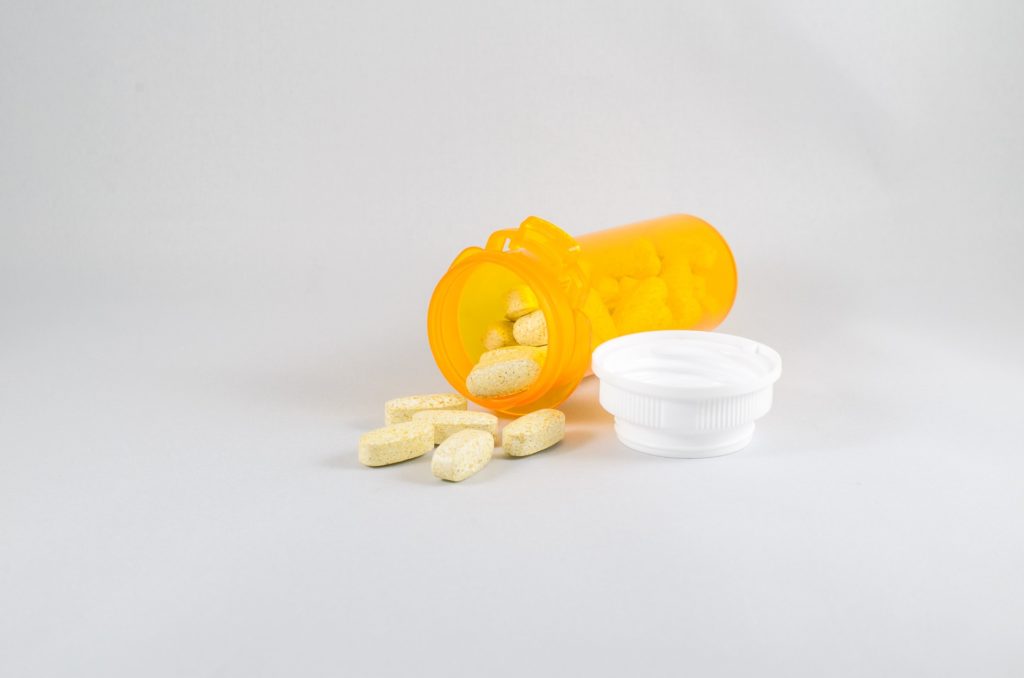How does EPCS affect independent physicians?

How does EPCS affect independent physicians? August 4, 2017
The US Department of Health and Human Services (HHS) reports that, on an average day in the US, more than 650,000 opioid prescriptions are dispensed. Most of those prescriptions are written on paper and handed to the patient, which then makes them susceptible to misuse or fraud. Unfortunately, 78 people die every day from an opioid-related overdose. Prescription opioids account for more than half of those opioid-related deaths.
An effective way to help prevent the high rates of prescription abuse is through Electronic Prescribing for Controlled Substances (EPCS). Electronic transmission of prescription orders sent directly from the independent physician to the pharmacist help make prescriptions harder to steal or forge. There are many safeguards involved in the independent physician’s use of EPCS, to further ensure the safety and security of the prescriptions being transmitted.
The Drug Enforcement Administration (DEA) made electronic prescriptions legal in all fifty states and Washington, DC, in 2010. To date, only two states, New York and Minnesota, have mandated the use of EPCS. A third, Maine, is expected to mandate its use this year.
The DEA has emphasized that independent physicians who use electronic health records (EHRs) “will be able to issue electronic controlled substance prescriptions only when the electronic prescription or electronic health record (EHR) application the practitioner is using complies with the requirements in the interim final rule.” Otherwise, the prescriptions will have to be printed out for manual signature.
Elation’s EHR solution is certified for EPCS and is compatible with the required security updates. Elation provides EPCS for our customers in New York and is rolling it out to other states, such as Maine, soon as well. At Elation, we are concerned about independent physicians’ ability to provide quality healthcare to their patients. We are also concerned about their ability to prevent prescription fraud and misuse, particularly when it leads to the often severe consequences of opioid abuse.






